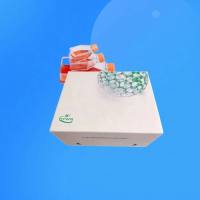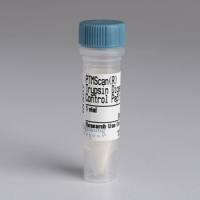Assessment of Insulin-Like Growth Factors and Mutagen Sensitivity as Predictors of Lung Cancer Risk
互联网
1323
Insulin-like growth factors (IGFs) are mitogenic peptide hormones involved in the regulation of cell proliferation, differentiation, transformation, and apoptosis. The members of the IGF family include two types of peptides (IGF-1 and IGF-2), two types of cell membrane receptors (IGF-1R and IGF-2R), and six binding proteins (IGFBP1-6) (1 ,2 ). This family of growth factors has several important functions. IGF-mediated activation of the IGF-1 receptor stimulates the signal transduction pathway involving MAP kinase (i.e., mitogen-activated protein kinase) and increases the expression of cyclin D1, which accelerates cell-cycle progression from G1 to S phase (2 ,3 ). IGFs also suppress programmed cell death by increasing the synthesis of Bcl proteins and inhibiting that of Bax proteins (4 ,5 ). Furthermore, IGFs counteract the actions of many antiproliferative molecules, such as retinoic acid. IGFBPs normally inhibit the mitogenic action of IGFs by blocking the binding of IGFs to their receptor (6 ). Blocking the interaction between IGFs and their receptors can abolish IGF-stimulated proliferation of lung cancer cells (7 ,8 ). IGFBP-3 is the principal IGFBP in the circulation.









